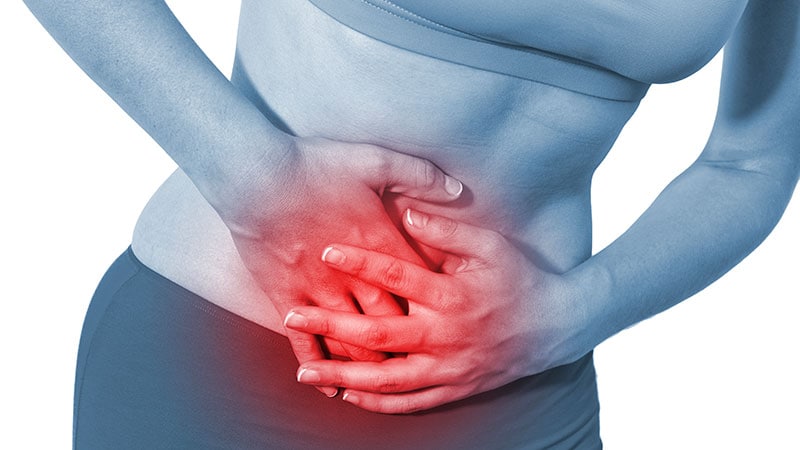Takeaway
- In patients with moderate-to-severe active ulcerative colitis (UC), vedolizumab was superior to adalimumab in achieving clinical remission and endoscopic improvement.
- However, corticosteroid-free clinical remission was higher in the adalimumab group vs vedolizumab group.
Why this matters
- Biologic therapies are widely used in patients with UC, but there is lack of head-to-head trials of these therapies in patients with inflammatory bowel disease.
Study design
- VARSITY trial randomly assigned 769 patients with UC (age, 18-85 years) to receive intravenous vedolizumab (n=383) and subcutaneous adalimumab (n=386) during 2015-2019.
- Main outcome: clinical remission, endoscopic improvement and corticosteroid-free remission at week 52.
- Funding: Takeda.
Key results
- At week 52, vedolizumab vs adalimumab group showed higher rates of:
- clinical remission: (31.3% vs 22.5%; difference, 8.8 [95% CI, 2.5-15.0] percentage points; P=.006),
- endoscopic improvement (39.7% vs 27.7%; difference, 11.9 [95% CI, 5.3-18.5] percentage points; P<.001).
- Corticosteroid-free clinical remission was lower in vedolizumab vs adalimumab group (12.6% vs 21.8%; difference, −9.3 [95% CI, −18.9 to 0.4] percentage points).
- Vedolizumab vs adalimumab had lower exposure-adjusted incidence rates of:
- infection: 23.4 vs 34.6 events per 100 patient-years.
- serious infection: 1.6 vs 2.2 events per 100 patient-years.
- Patients treated with vedolizumab had a lower percentage of adverse events and serious adverse events than those treated with adalimumab (62.7% vs 69.2% and 11.0% vs 13.7%, respectively).
Limitations
- Corticosteroid tapering can vary among practitioners.
References
References



